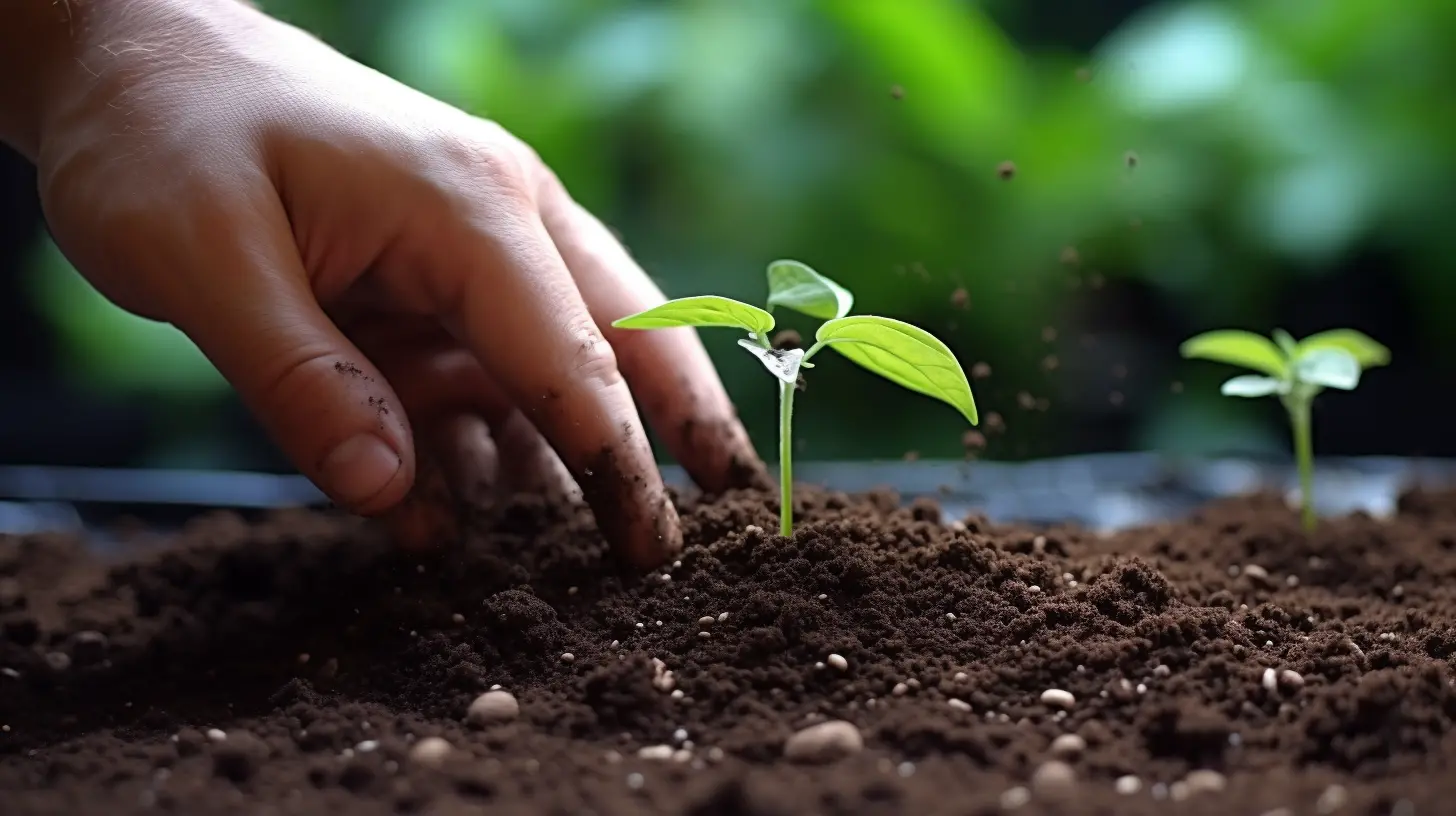
In modern agricultural production, high-efficiency fertilizers are gradually favored by farmers for their superior characteristics. By optimizing nutrient composition, it can effectively improve the utilization rate of nutrients by crops, thus reducing the use of chemicals. For example, using high-efficiency fertilizers can reduce the amount of primary fertilizers by 20%-30%, while increasing crop yields by 15%-25%. This not only reduces the environmental burden, but also improves the economic benefits of agriculture.
The use of high-efficiency fertilizers can significantly reduce dependence on chemical pesticides and fertilizers, and reduce soil and water pollution. According to relevant studies, high-efficiency fertilizers have far less negative impact on soil than traditional fertilizers, which allows the soil ecology to be better maintained and promotes sustainable agricultural development.
High-efficiency fertilizers not only improve crop yields but also protect ecosystems. For example, they promote biodiversity and support the survival of beneficial microorganisms. This benign ecological environment can strengthen the health of the soil, improve the stress resistance of crops, and ensure the long-term sustainable development of agriculture.
Take an agricultural company as an example. The company introduced a high-efficiency fertilizer based on nanotechnology. The results showed that within one year after use, crop yields increased by 20%, while the use of chemical fertilizers was reduced by 30%. This not only reduces production costs, but also helps protect local water sources and soil environment.
To sum up, high-efficiency fertilizers have shown significant environmental advantages in modern agriculture. They promote a win-win situation between economic and ecological benefits and lay the foundation for sustainable agricultural development. Therefore, we call on farmers and related enterprises to pay attention to and adopt environmentally friendly and efficient fertilizers to jointly promote the green development of agriculture.

